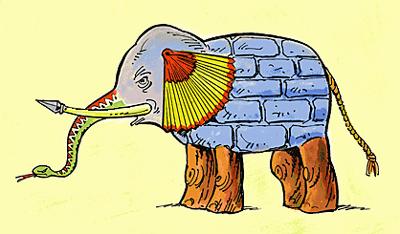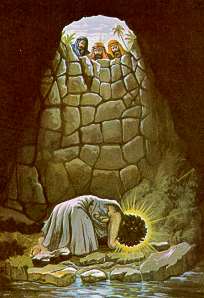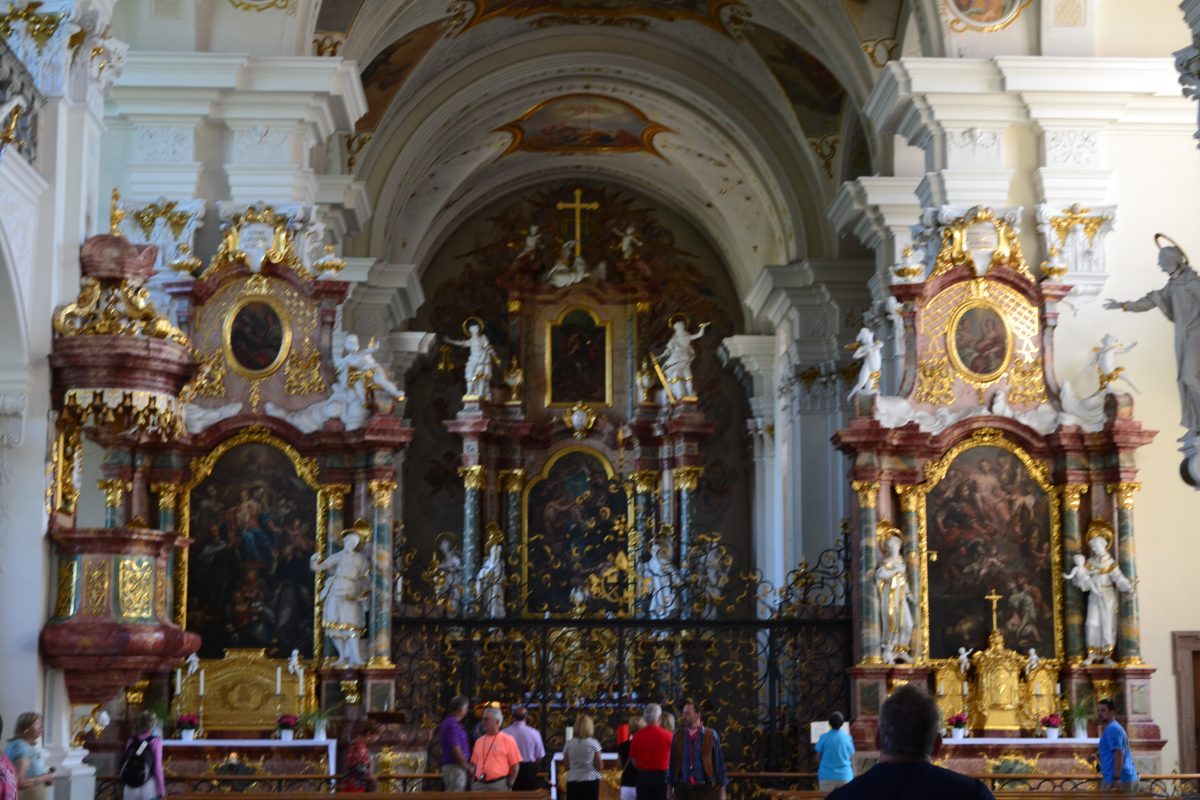Background Passages: Matthew 7: 24-27; Luke 6:46-49
In 2008, Hurricane Ike crashed into the Texas Coast as a strong Category 2 storm, inundating Galveston and the inland counties with 19 inches of rain across a two-day period, winds sustained at 110 miles per hour and a storm surge of about 17 feet. The devastation, particularly along the eastern shore of Galveston Island, was almost total. A single home on Bolivar Peninsula survived the storm. Ike had been a devastating storm.
As we have done for the past 35 years or so, my wife’s family gathers in a rented beach house on Galveston Island to enjoy time together. We began this journey with my wife’s parents and her siblings and a couple of our children. This year, my wife’s siblings and all our children and grandchildren came together…25 of us at one point, including 12 grandchildren, all but one under the age of seven. I can only describe the week as heavenly chaos.
The beach house that is our home this year, sits in a single line of similar houses just yards from the beach. One can sit on the deck of any of these homes as the high tide reaches within 60 feet of their foundations. Ideal in times of calm, I can only imagine the threat a storm like Ike would pose to these beach-front properties.
Strict building codes require thick foundations and deep-set pilings elevating the first livable floor to a height of between 12-15 feet. The key to surviving a storm, according to the architects, is the strength of the foundation. It is a lesson driven home again by the tide surge during Ike.
A carpenter by trade, Jesus taught a similar lesson to all who would listen. He questioned why anyone would call him Lord, the boss of his or her life, and not do as he says. He taught that those who hear and obey are like the wise builder.
“They are like the man building a house, who dug down deep and laid the foundation on rock. When a flood came, the torrent struck that house but could not shake it, because it was well built. But the one who hears my words and does not put them into practice is like a man who built a house on the ground without a foundation (or the man who builds his house upon the sand alone.) The moment the torrent struck that house, it collapsed and its destruction was complete.”
In such a simple illustration, Jesus gives us powerful lessons on what it means to commit ourselves fully to him. First, both houses faced the same storm. Jesus never suggested that the home that withstood the torrent faced a lesser storm than the one that was destroyed. The winds came. The rains fell. The streams flooded. The houses both faced the same dangers. It is not a matter of if the storms will blow. Jesus’ story tells us the storm will come to all of us. Our task is to prepare ourselves for that eventuality. That knowledge takes us to the second point.
Nothing in Jesus’ words leads us believe that the men constructed their houses differently. Unlike the three little pigs in the fairy tale who used different construction materials and methods, we can assume each man built a well-constructed house for his family. Quality materials. Quality workmanship. Yet one man’s house weathered the storm while the other crumbled beneath its strength.
All of us seek to build a quality life. Some focus on philosophy. Some on positive thinking. Some on good works. Yet none of these concepts, in and of themselves, are strong enough to weather the storm.
Jesus identifies only one difference in the homes as they were built. The foundation. The home built on a firm foundation survived the storm when the one built without that solid foundation failed.
It is a simple illustration. It’s not a question of if the storms or troubles will enter our lives. It is a matter of when. Storms are a given. It’s not a question of how strong we are personally. How well we feel our lives are put together. Our strength alone, our philosophy of life, is insufficient in the face of the even the most ordinary pressures of life.
We see the impact of trouble on the lives of friends and family. How does one person survive calamity while another crumbles beneath its weight?
Jesus tells us the answer rests with the foundation upon which each life is built. We make choices. We choose to live life our own way, in our own strength, failing to drive the piling of our faith to the bedrock. Far too many people lay a superficial foundation in something other than Jesus Christ that is insufficient to weather the storms, yet they move in anyway. Living life that way is a risky proposition.
Jesus teaches us that kingdom living requires a solid foundation, based both on listening to his word and acting upon it. Putting his teachings into the practice of daily life. Being obedient. When we set our foundation on his strength rather than our own, when we act upon the knowledge we gain through our experiences with him, when we immerse ourselves in his teaching, the rain, wind and flood cannot shake the foundation of our lives.
Finally, contractors pour the foundation, giving it time to cure before they start erecting the building upon it. There is a measure of truth in letting the foundation of our faith cure. Allowing it to grow in our hearts. Giving it time to cure. Such is the lesson of a lifetime of living in his grace. Jesus spent 30 years preparing his foundation before he began his ministry. God granted him time to drive the pilings deeply so he would be ready for the challenge of the cross.
The real joy of life is taking the time to let Jesus teach us his will and way throughout the years. To sink our foundation pilings deep into the bedrock of his word and resting in the knowledge that nothing can destroy our lives when planted firmly in his grace.
The old hymn, “How Firm Our Foundation” closes with these words:
The soul that on Jesus doth lean for repose,
I will not, I will not, desert to his foes;
That soul, though all hell should endeavor to shake,
I’ll never, no never, no never forsake.”
My prayer is that it our foundation would be that secure all the days of our lives.








